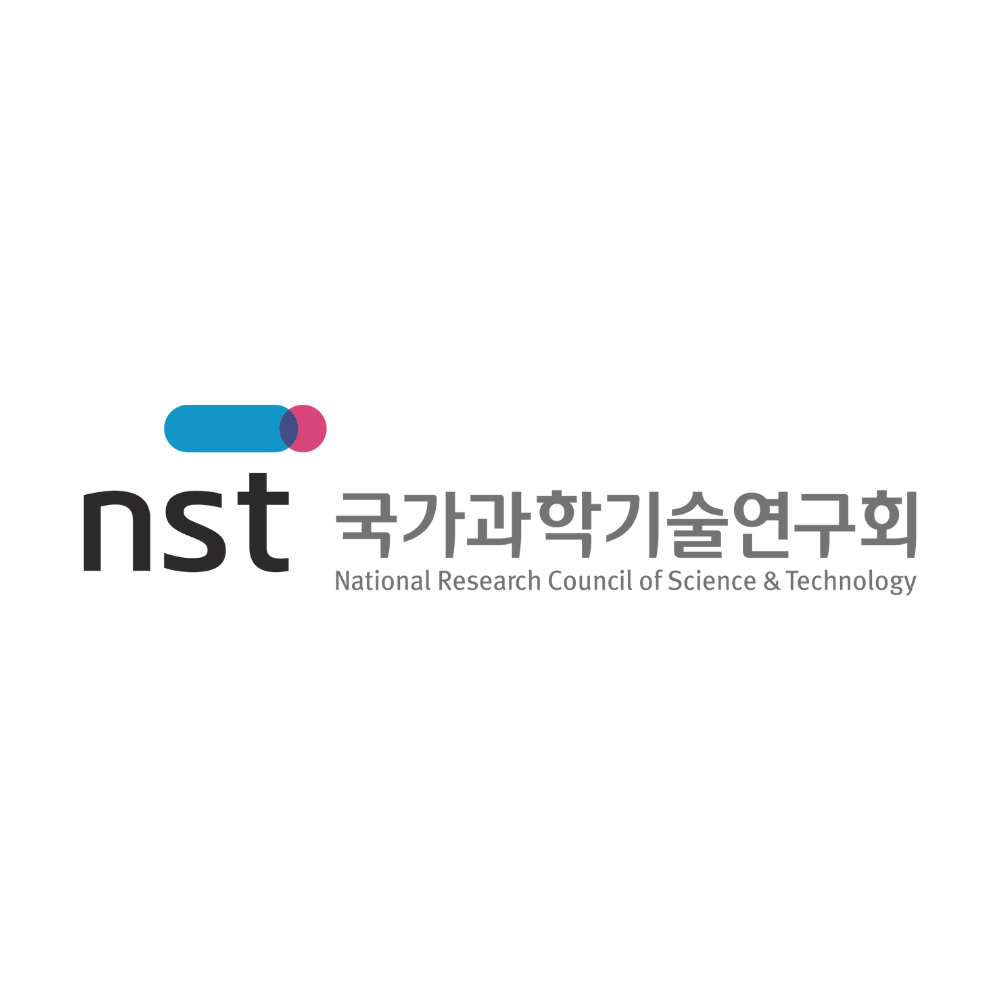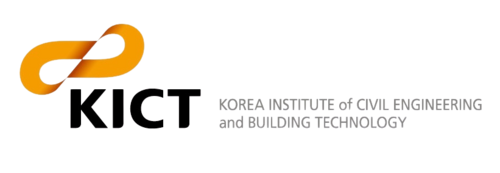The Korea Institute of Civil Engineering and Building Technology (KICT) is Korea’s national research institute for construction, infrastructure, and environmental engineering. KICT is dedicated to developing sustainable technologies for roads, bridges, tunnels, water and waste management, as well as building and urban development. Its mission is to advance application-oriented research that enhances the safety, efficiency, and sustainability of built environments and infrastructure systems.
The South Korea Mobility Program gives data science talents the opportunity to spend up to three months at KICT in Ilsan or Sejong. Participants join a research-intensive environment equipped with advanced laboratories, large-scale testbeds, and simulation platforms for civil and environmental engineering.
By combining digital technologies such as AI, big data, and sensor networks with core engineering expertise, they contribute to innovative solutions for construction, urban planning, and infrastructure management.

About NST
National Research Council of Science and Technology (NST)
The National Research Council of Science and Technology (NST) currently brings together 23 leading research institutes active in a wide range of fields – from materials science, biotechnology, and energy to space exploration, robotics, and information and communication technologies. It coordinates their strategic direction, fosters synergies among the institutes, and supports the government in shaping research and innovation strategies. In doing so, NST plays a key role in advancing scientific excellence in areas of societal relevance and in transferring technological innovations to industry and society. In addition, it strengthens the international networks of Korean research and enables joint projects with leading research organizations worldwide.
KICT conducts research across the full spectrum of civil engineering: from fundamental studies in materials science and structural mechanics to the development of construction methods and large-scale field testing under real conditions. A strong focus is placed on sustainable and resilient construction, addressing challenges such as climate change, rapid urbanization, and resource efficiency.
The institute operates specialized research centers for geotechnical engineering, advanced building materials, water and waste management, intelligent transport systems, and green urban development. In addition to national initiatives, KICT is active in international collaborations on infrastructure resilience, climate-neutral construction, and smart mobility.
Research priorities:
KICT’s work is geared towards practical, innovation-driven research. Key priorities include:
-
Sustainable materials and construction – development of high-performance concrete, recycling-based materials, and climate-friendly building methods.
-
Smart infrastructure – application of AI, big data, and sensor technologies for monitoring and controlling structures and transport systems.
-
Resilience and safety – technologies to protect against natural disasters, climate impacts, and infrastructure risks.
-
Water and environmental engineering – innovative solutions for water treatment, waste management, and resource efficiency.
-
Urban development and sustainable mobility – strategies for climate-neutral, livable cities and integrated transport systems.
Contact
Contact
You may contact the following researchers regarding a research stay. Please note that this is only a selection. You are also welcome to independently look for potential hosts within the institute and discuss a possible stay with them.
Department: "Future and Smart Construction Research"
YooSeok Jung
yooseok@kict.re.kr
KICT's expertise in the field of Data Science and AI
- Big data and smart city technology for land, infrastructure, and transport affairs
- Technological integration using smart construction data and spatial data
- BIM, virtual construction, and 3D printing for digital twin-enabled construction automation
How to Apply
- Step 1: Contact a research group at one of the NST member institutions to discuss the possibility of a three-month research stay.
- Step 2: Submit your application through HIDA
- Step 3: Applications are reviewed by a selection committee, and you will be notified shortly thereafter.
You can find more details about the application process under following link!
Contact
If you have any questions about the South Korea Mobility Program or our other research stay offerings, please don’t hesitate to contact us at any time.

Stefanie Gruber-Sliva
Networks & Mobility Program Manager
Contact







